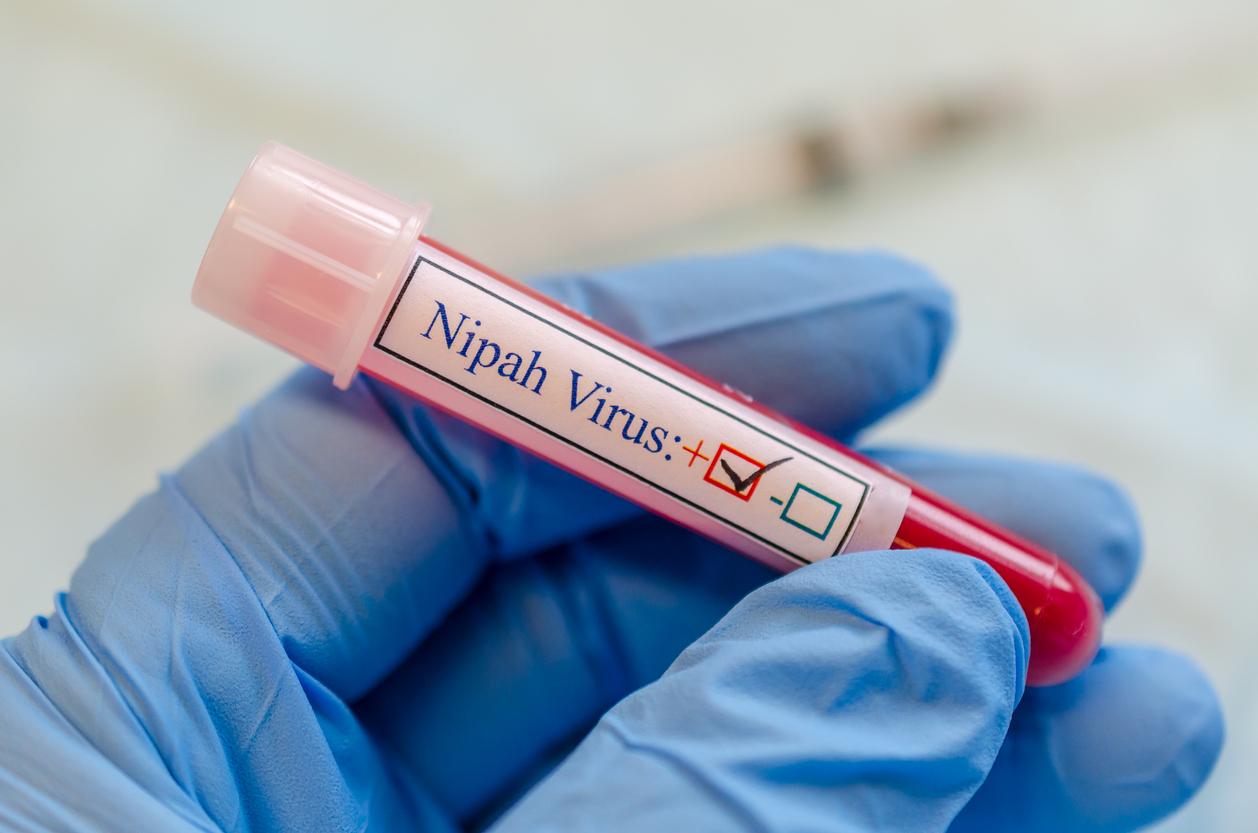More than 45 million people around the world are reduced to a modern form of slavery, two-thirds of them in Asia-Pacific, according to a study released Tuesday.

Forced begging, domestic slavery, prostitution, human trafficking takes on many faces. But above all, it affects many people. More than 45 million men, women and children in the world are indeed reduced to a modern form of slavery, according to the 2016 report Global Slavery Index of the Walk Free Foundation published this Tuesday.
This work identifies data on 167 countries, taken from 42,000 interviews in 53 languages in order to determine the number of people enslaved, and the response of governments. India is, according to the report, the country with the most people in slavery (18.35 million), followed by China (3.39 million), Pakistan (2.13 million), Bangladesh (1.53 million) and Uzbekistan (1.23 million).
However, it is in North Korea that the incidence of this scourge is highest (4.37% of the population) and the government’s response the lowest. As a result, if we look at the large regions of the world, it is in Asia that slavery is most widespread. Two thirds of victims are recorded in Asia-Pacific (66.4% of cases). The authors mention, for example, the numerous cases of child soldiers in Afghanistan, or forced prostitution in Thailand.
Europe remains the least affected
The European continent is for its part the least affected by modern forms of slavery (2.7% of cases). The more than 1,200,000 human beings who are confronted with it on the Old Continent come mainly from Eastern Europe (Romania, Bulgaria, Lithuania, Slovakia), but also from Nigeria, China and Brazil.
Regarding France, the National Consultative Commission for Human Rights (CNCDH) wrote on March 10 (in a report) that “modern slavery exists in our country. »No less than 516 offenses relating to modern slavery were recorded between January and May 2015. Not surprisingly, procuring is at the top. But the working conditions or unworthy accommodation are also numerous.
The CNCDH also underlined the still too rare reporting of cases of human trafficking, undoubtedly because of the fact that the victims do not identify themselves as such. “The facts are therefore very largely underreported”, noted the report. Faced with these still too common facts, the country is too complacent, he lamented.
Finally, as good news, the report released on Tuesday indicates that a total of 124 countries have criminalized human trafficking, in accordance with the 2003 UN Protocol to Prevent, Suppress and Punish Trafficking in Persons, in particular. women and children. However, the Foundation believes that more needs to be done and calls on the “top 10 economies in the world to enact laws, at least as strong as the British Modern Slavery Act 2015 “. This text strengthens protection for children, potential victims of slavery, and includes penalties of up to life imprisonment for those found guilty.
.















